A trifling mountain settlement in Dagestan still lives on craftsmanship that has prevailed for many centuries. Russian photographer Yevgeny Kurskov visited the jurisdiction in May and took pictures of the people who keep its traditions alive. Since Russia is so capacious, few get to know about the daily lives of people in the most remote settings of the country.
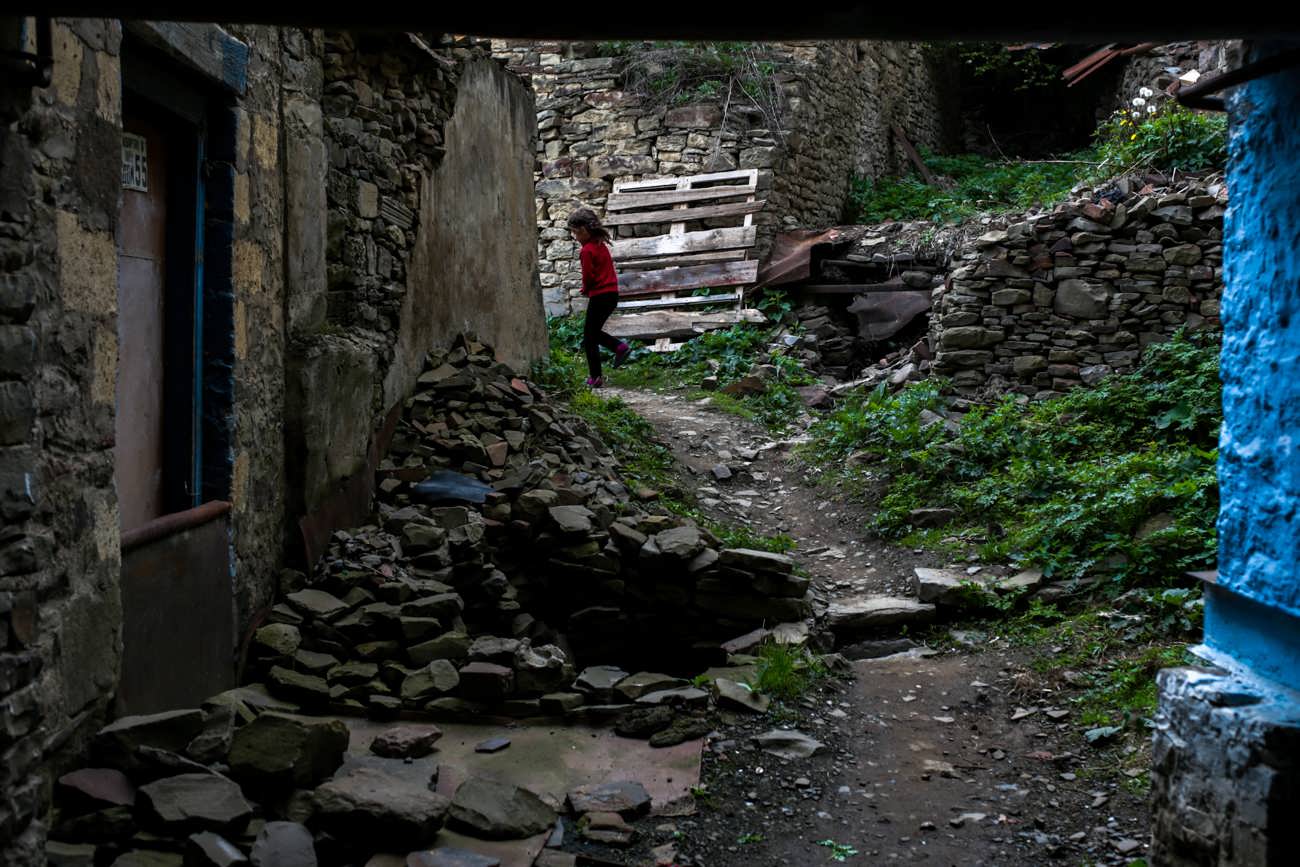
One such isolated place is the settlement of Kubachi in Russia’s North Caucasus – a province that has faced its share of political rivalries and military clashes.
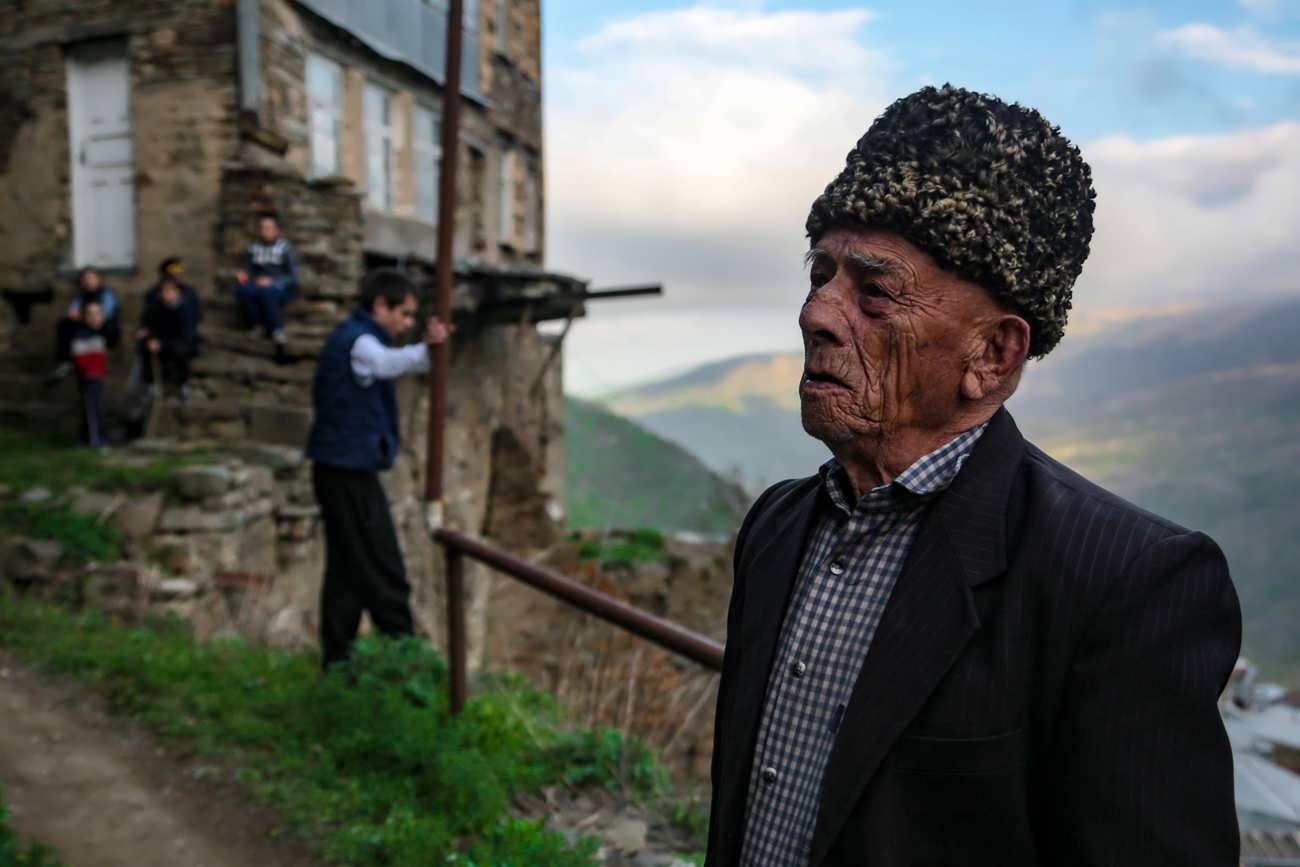
A with of Russia’s internal republic of Dagestan, Kubachi is the only settlement located in the steep part of the republic, standing at 1,750 meters above sea level.
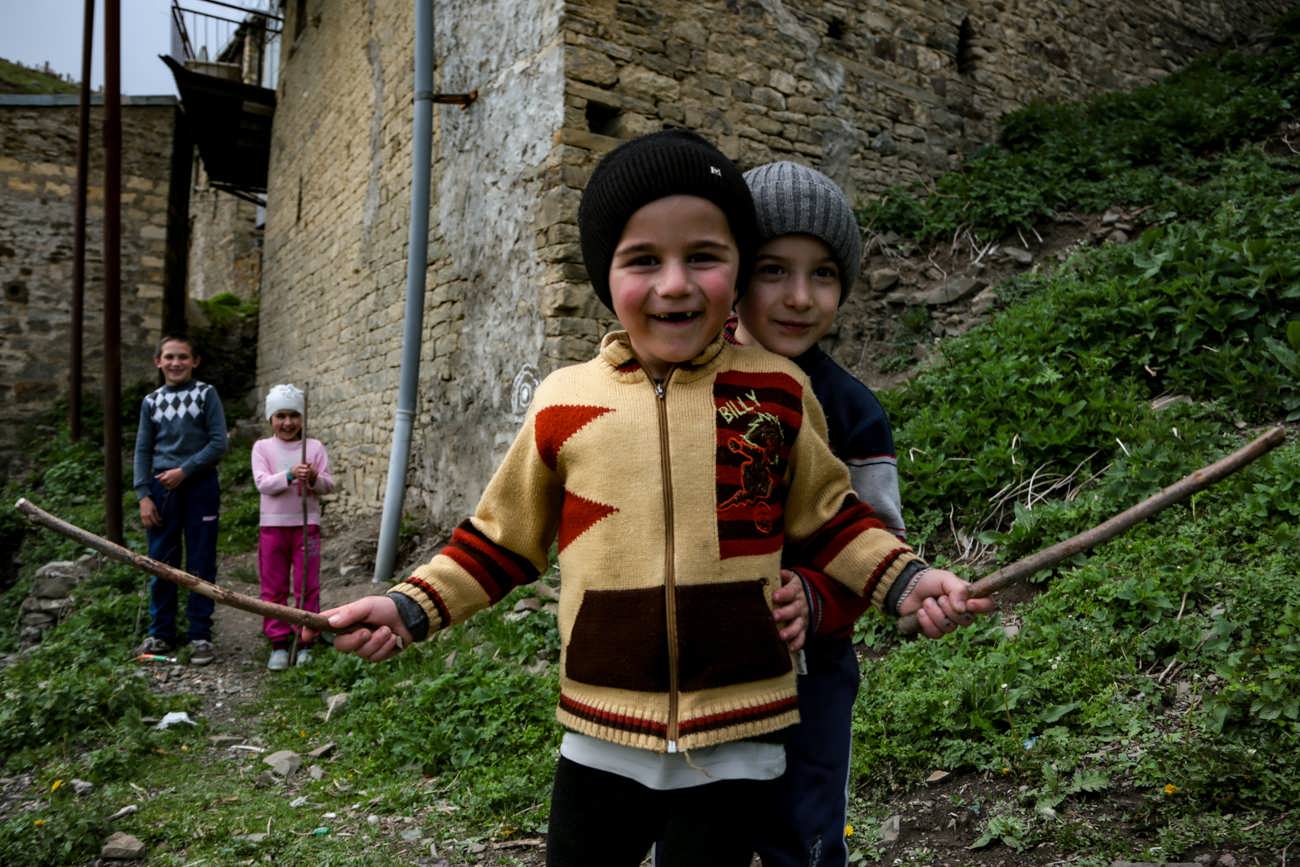
Be consistent to Russia’s federal statistics, in 2016 only 3,034 people lived there.
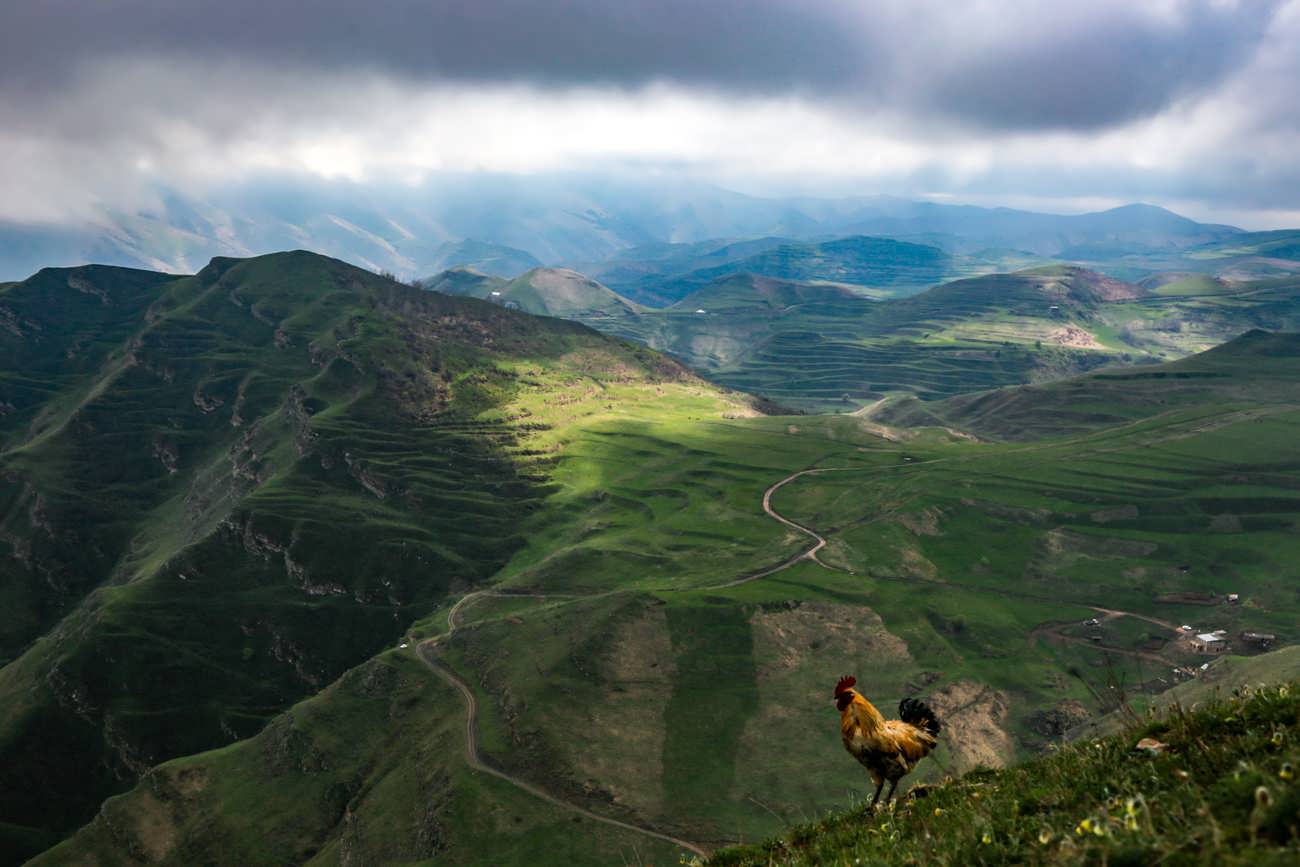
Start mentioned in Persian chronicles in the 4th century, Kubachi used to be one of the largest centers of unwritten wood, metal, and stonework.
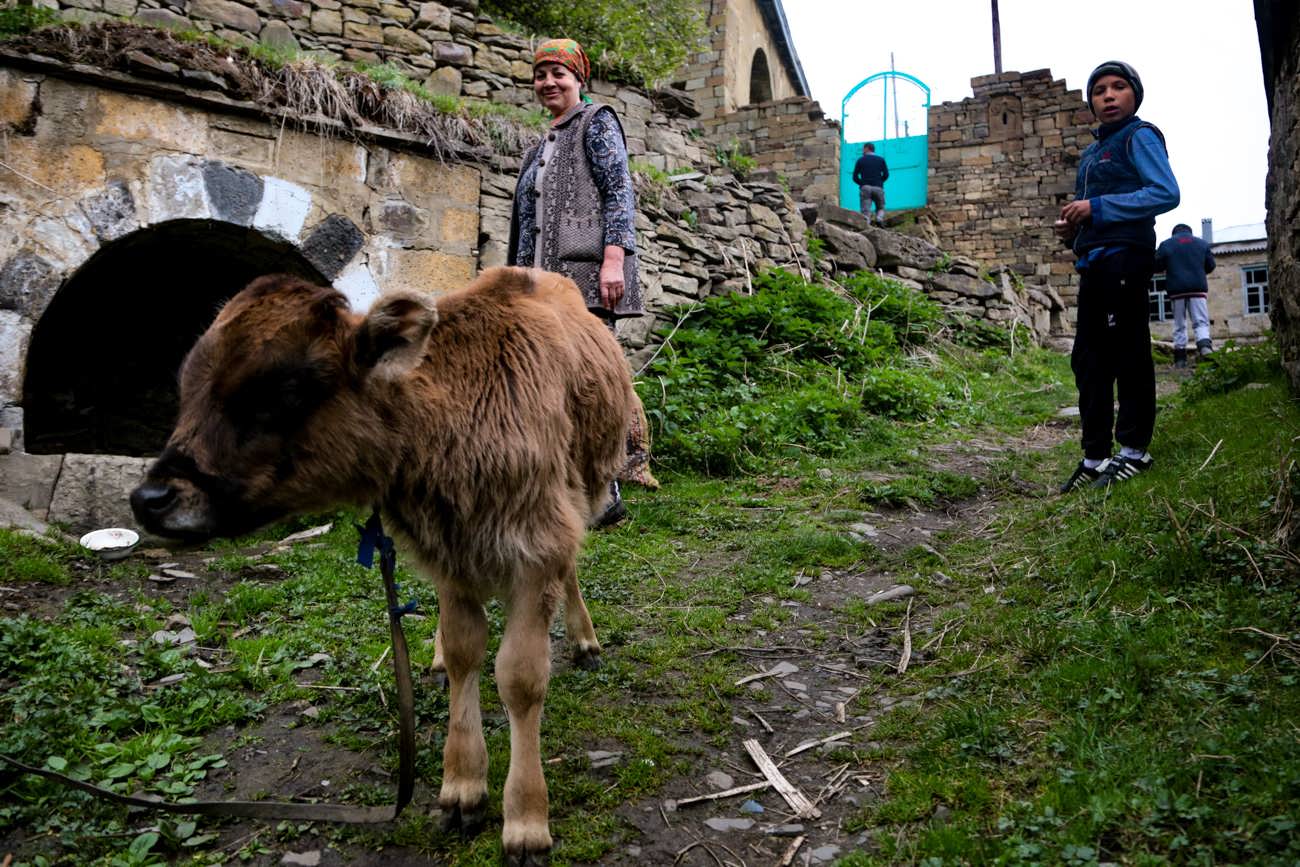
In the 7th century weapons, manacle armor, jewelry and other objects made by artisans from Kubachi were in popular in Transcaucasia and the Middle East.
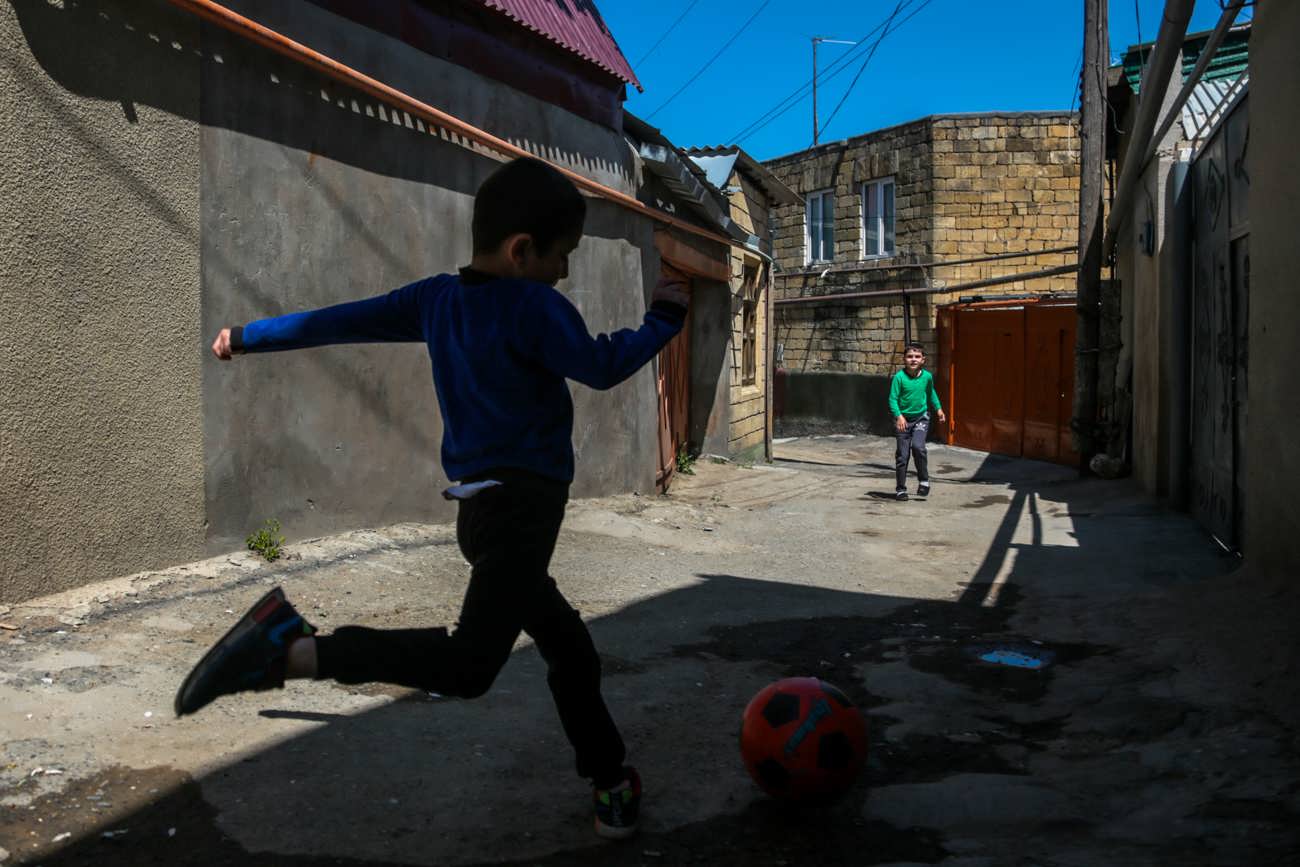
This mountain quittance still lives on traditional crafts. Although crafts provide the foremost source of income for many families, revenues are not high.
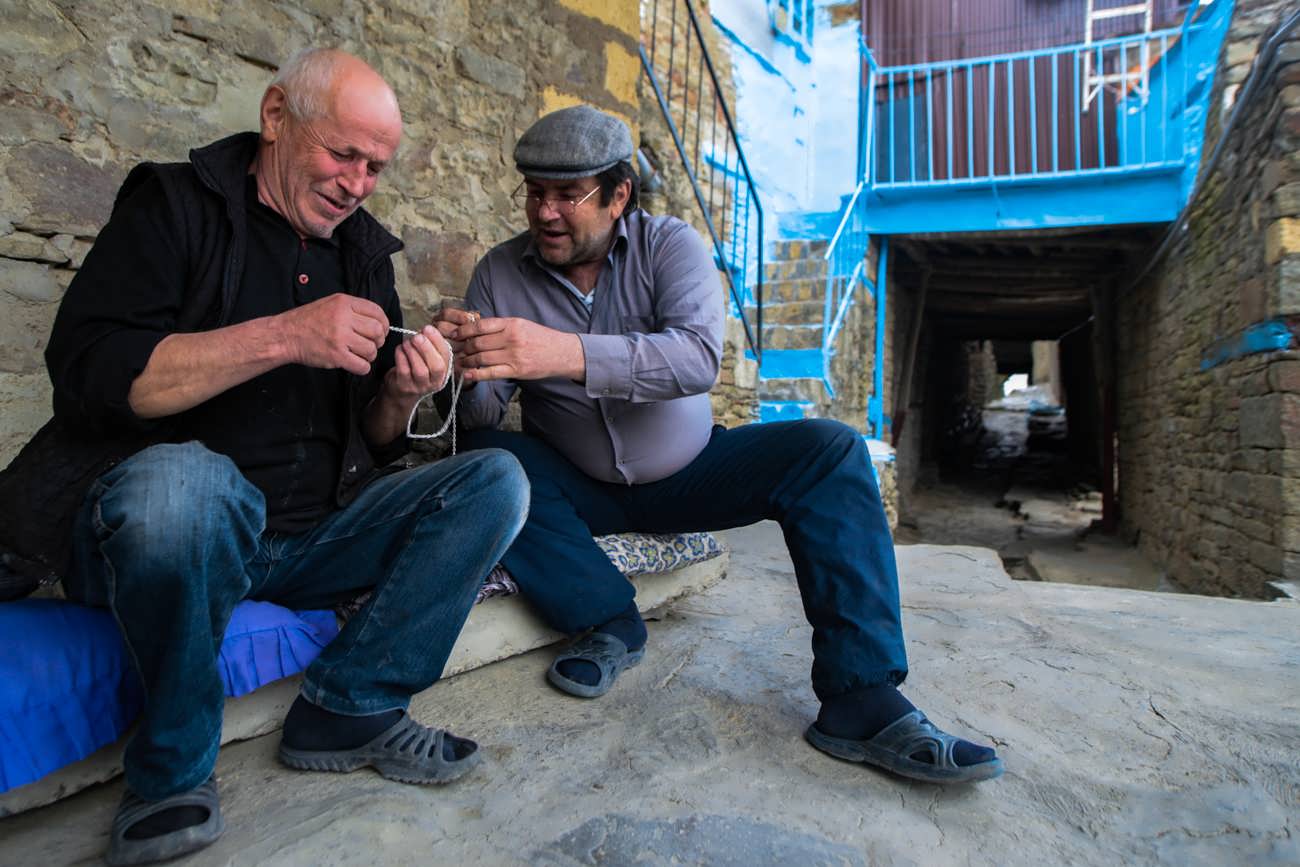
Multitudinous people combine craftwork with another job in the settlement. For instance, a gas instal employee may take his crafts to the job and work on them when there is disburden time.
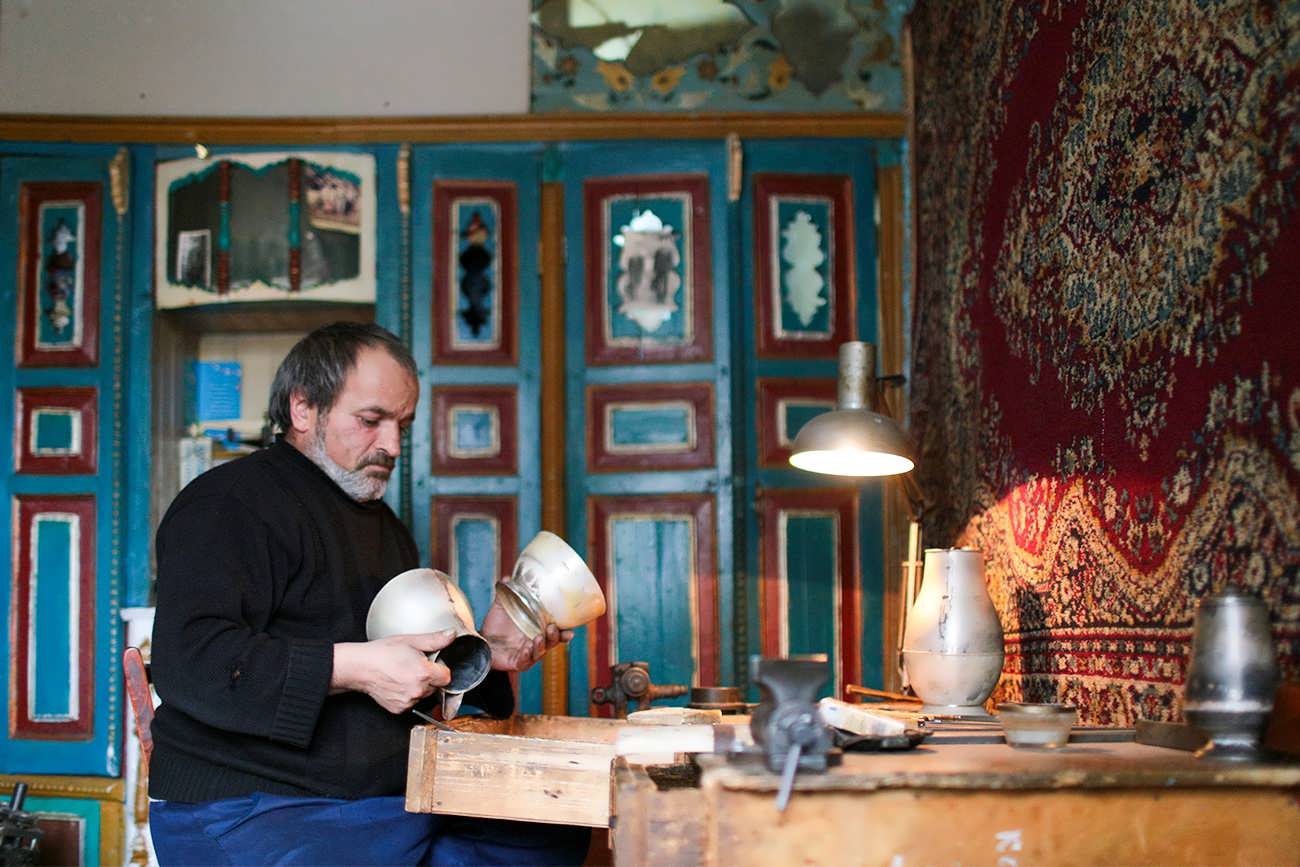
The goods produced by Kubachi craftsmen are predominating across Dagestan and neighboring regions.
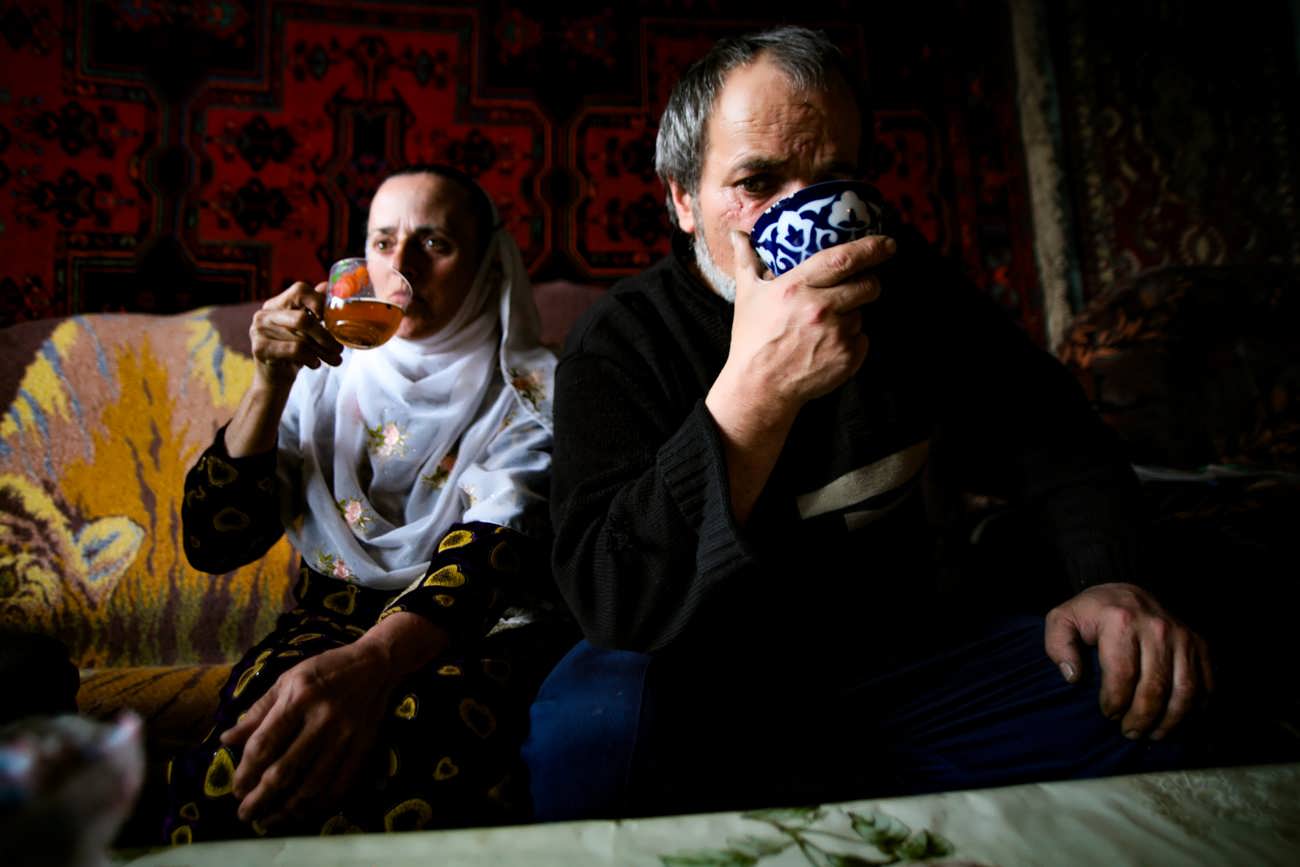
There are also online shops sacrifice table silver, souvenirs, jewelry, weapons, and watches – all made in Kubachi.
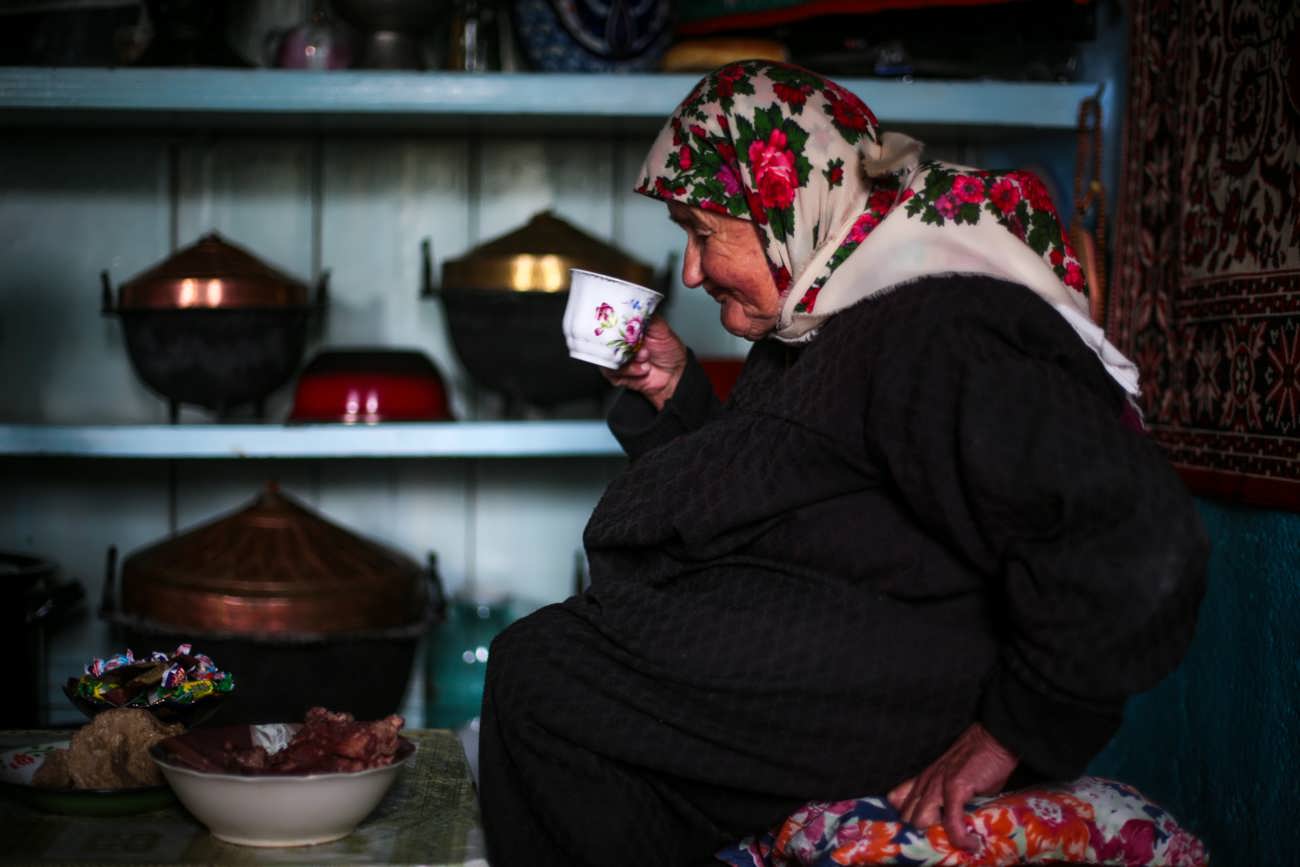
The aesthetics and conventions of the Kubachi craftsmen persist because members of the younger generation are not wanting to leave the village.
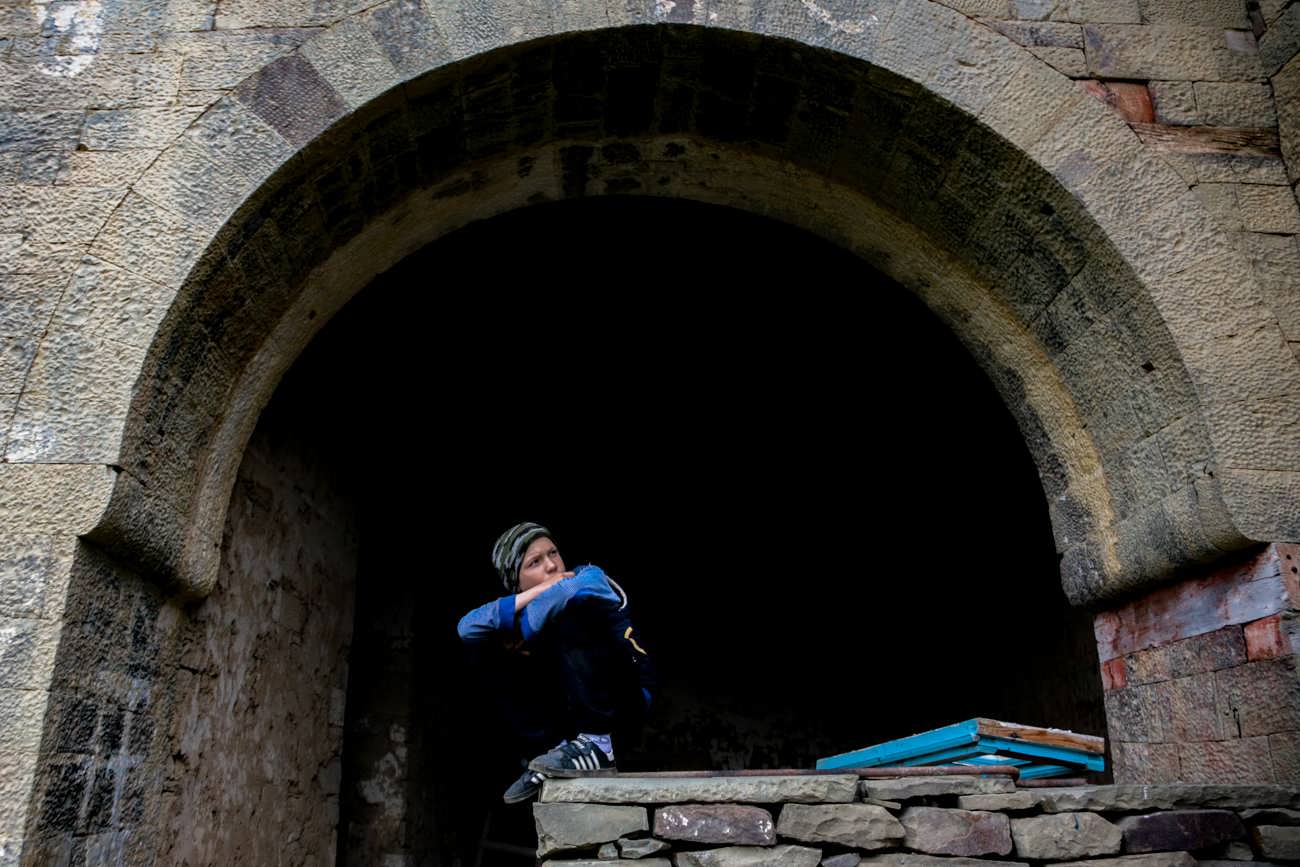
The youth readily learn from their mothers and relatives. They consider going to bigger cities only for boisterous education, with the majority returning to Kubachi after graduation.
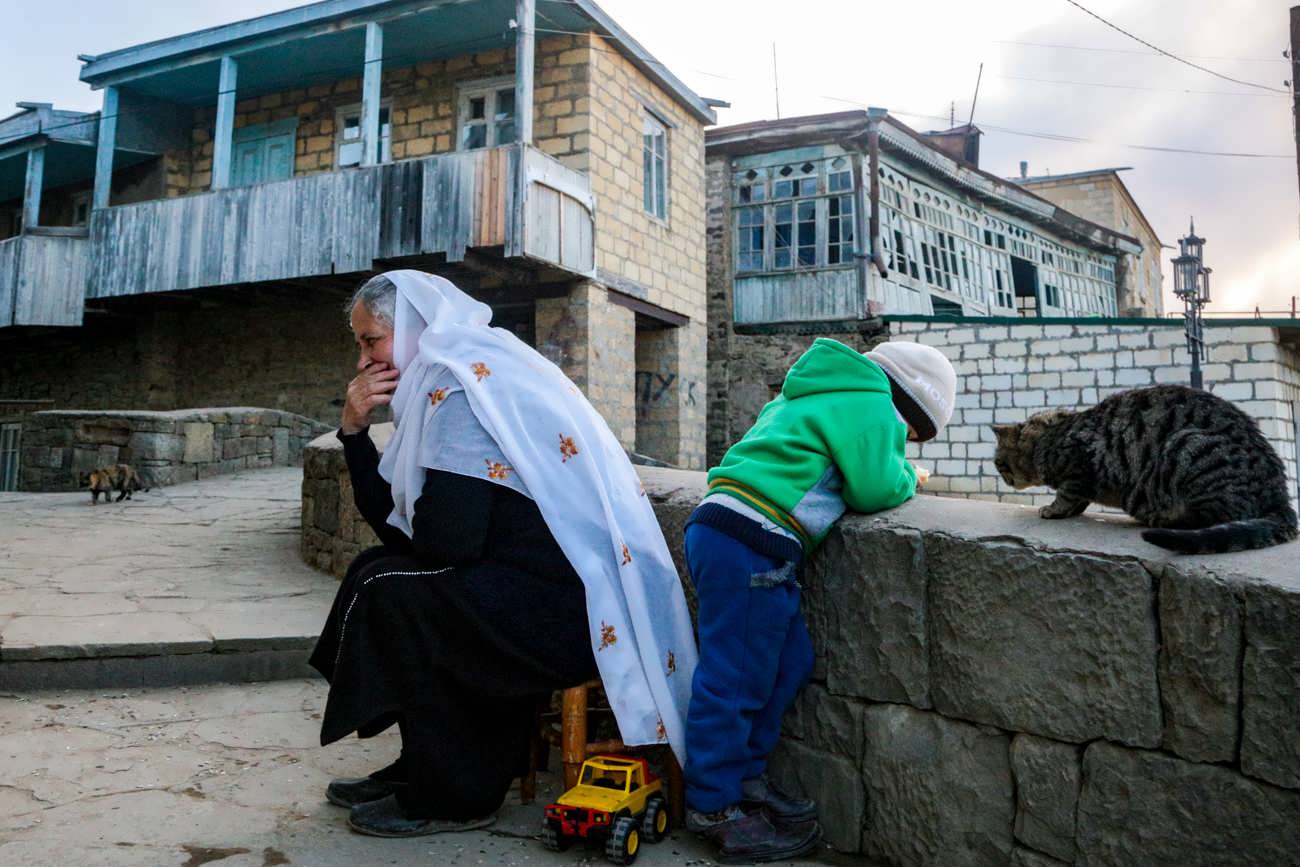
Commonly the women in Kubachi are not involved in heavy craftwork, but their lives are not at best confined to traditional housekeeping duties. For instance, they can combine their commonplace activities with knitting woolen socks with traditional follows.
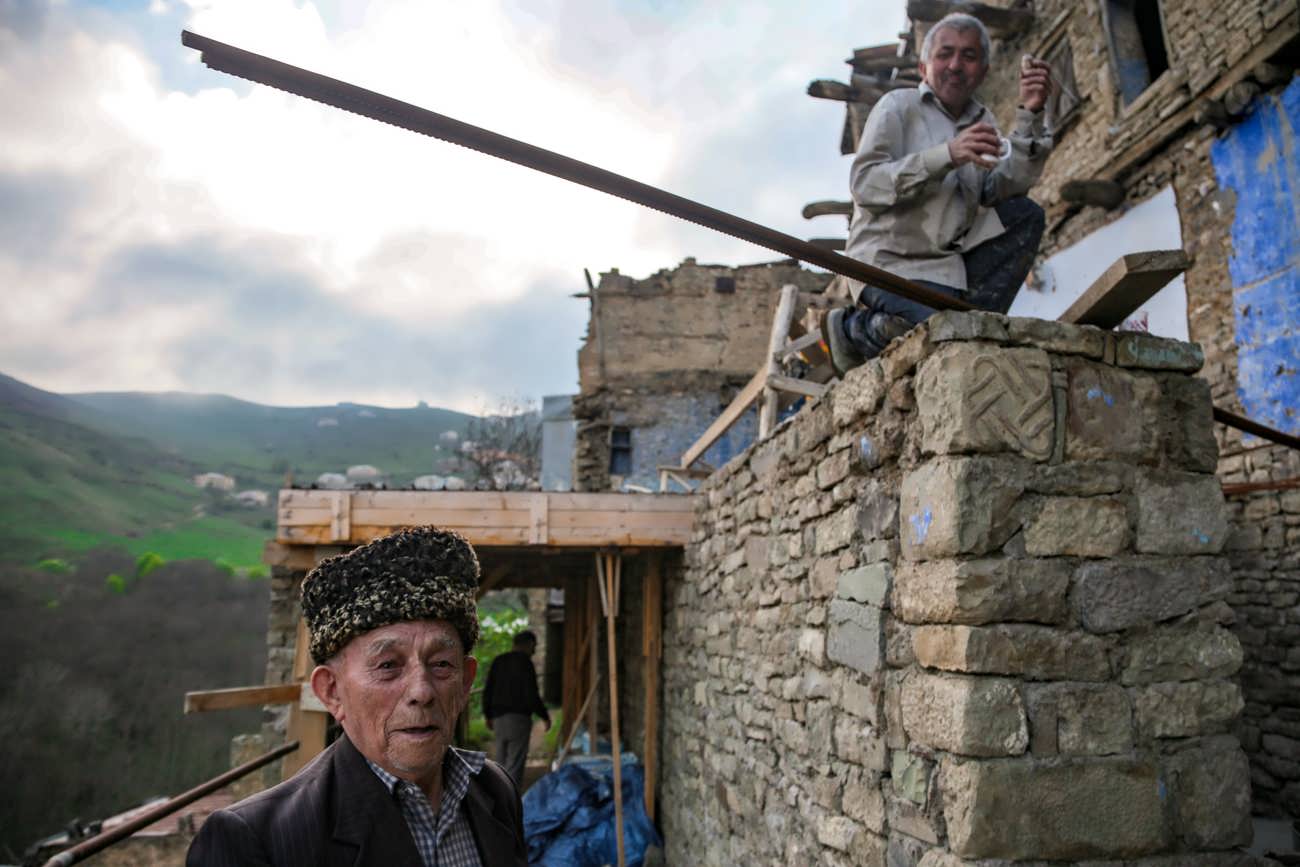
The local Kubachi language is part of the Dargwa bring (Northeast Caucasian family), but is quite different from the dialects and phraseologies spoken in neighboring villages, making it hard for neighbors to understand each other. Being a department of Dagestan, the most multiethnic internal republic of Russia, the Kubachi people also affect Russian.
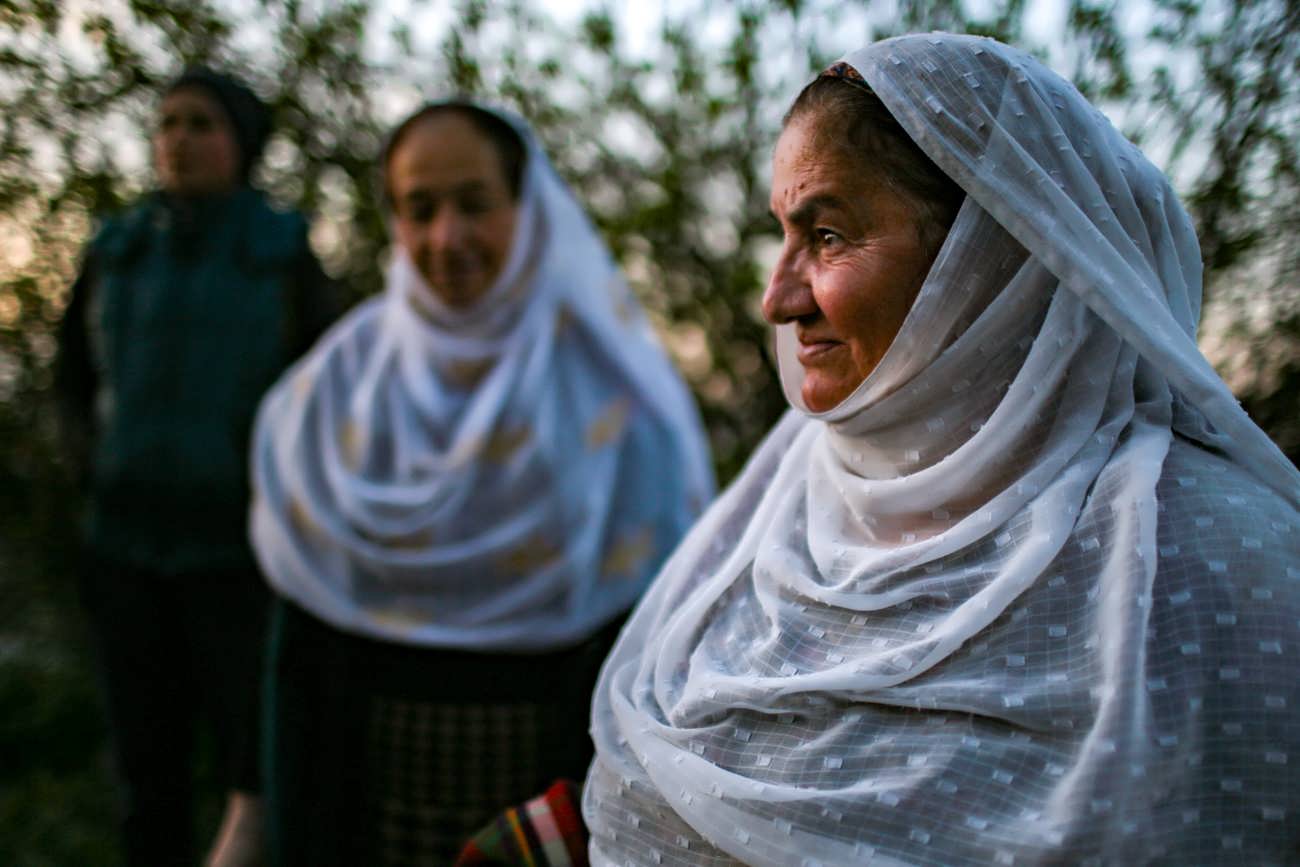
After a difficult period in the history of the North Caucasus, restricted residents now largely support the Russian ruling elite. Across Dagestan people subsidize Moscow because they are afraid of changes and the possibility of another war transgressing out.
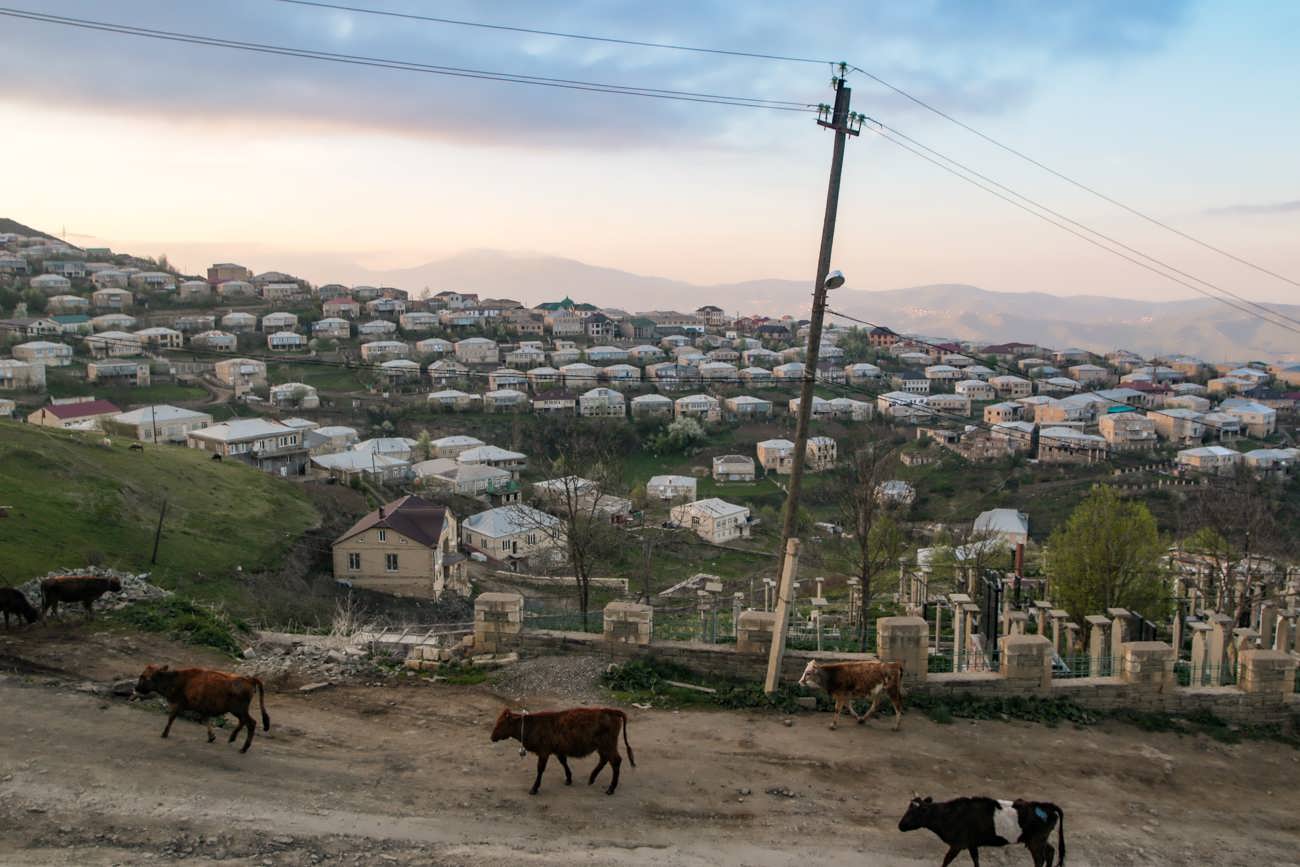
In 2016, 88.9 percent of voters in Dagestan supported the Amalgamated Russia party during the State Duma (lower house of parliament) plebiscites. This is one of the highest percentages recorded in the Russian regions.
Комментарии к статье